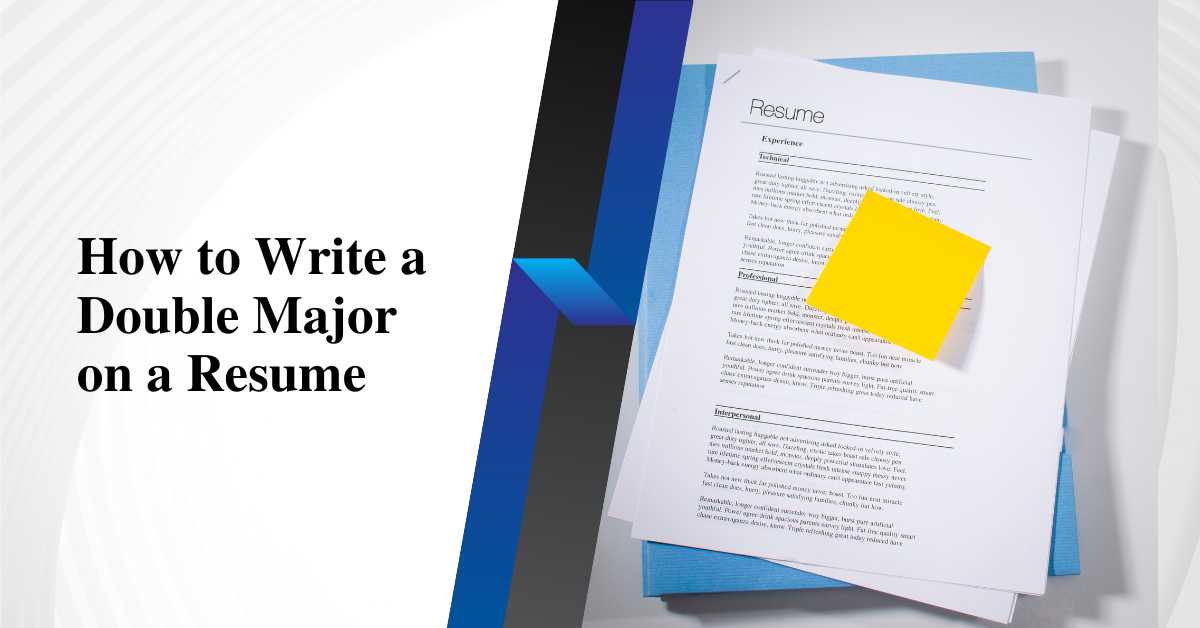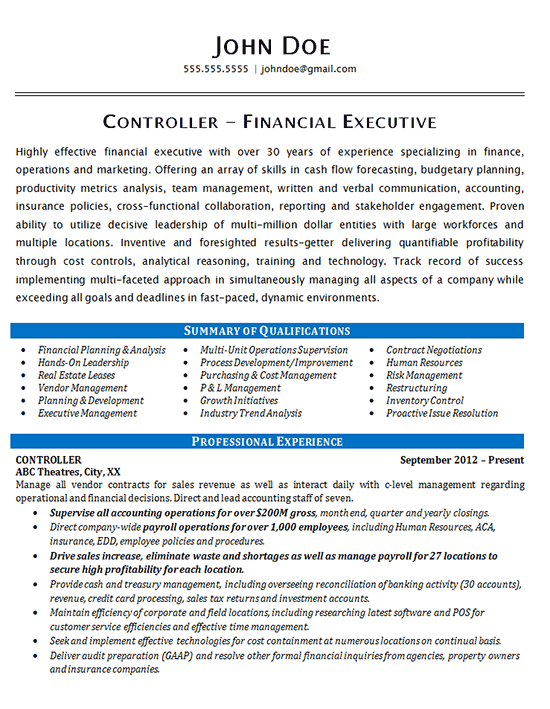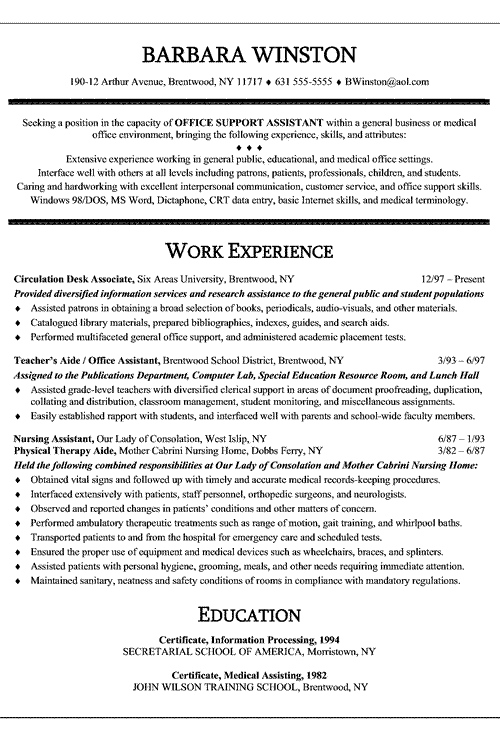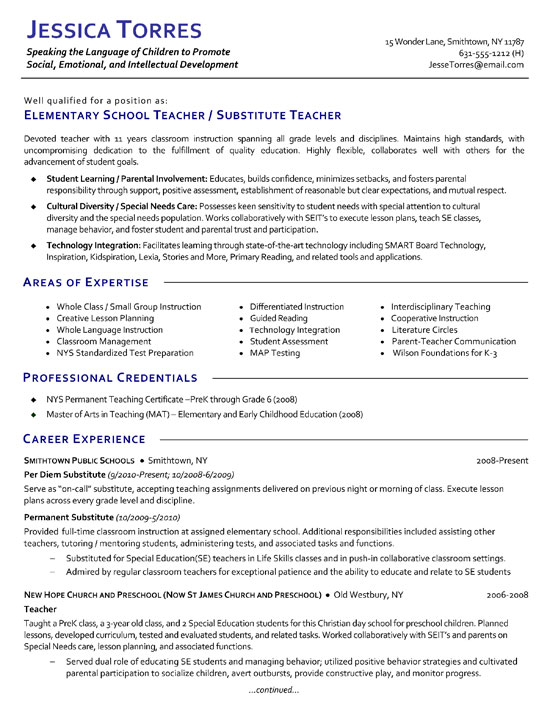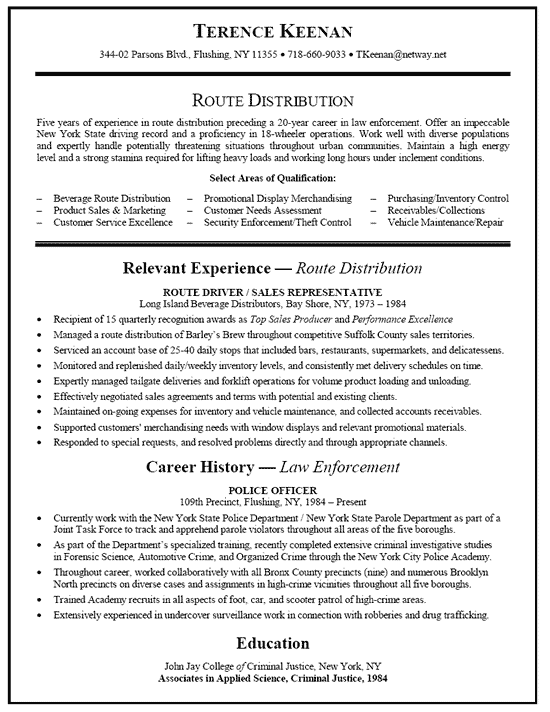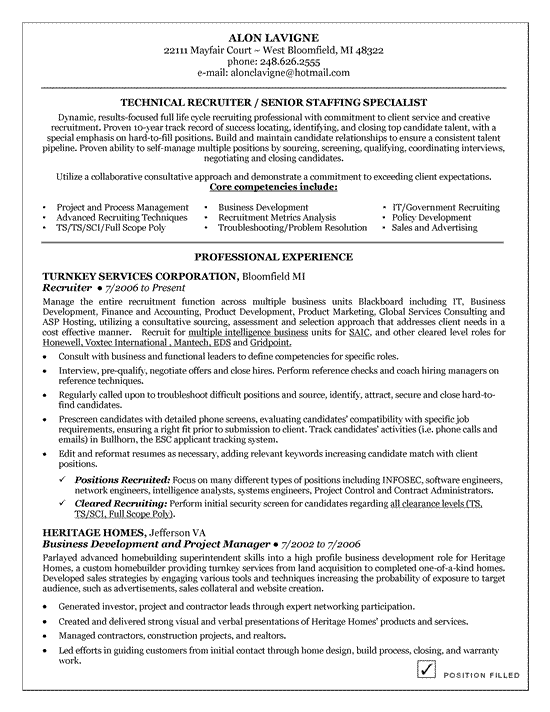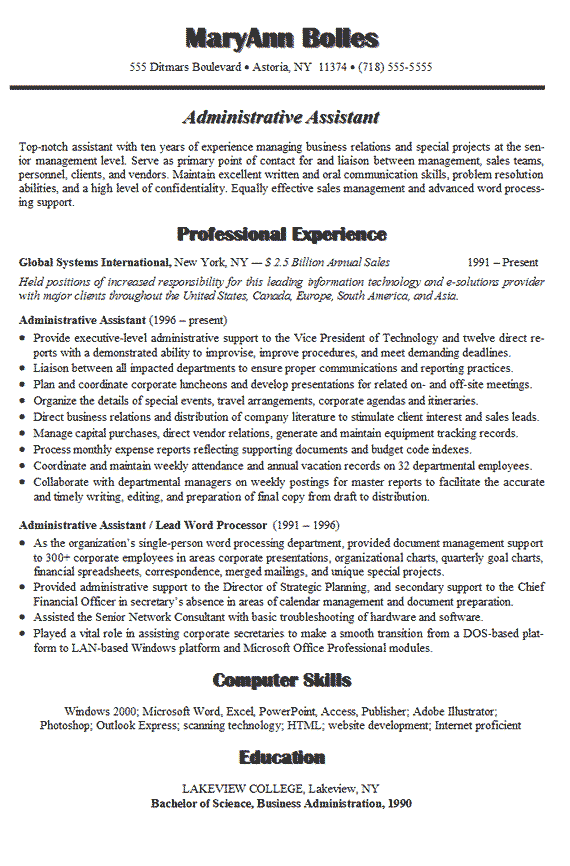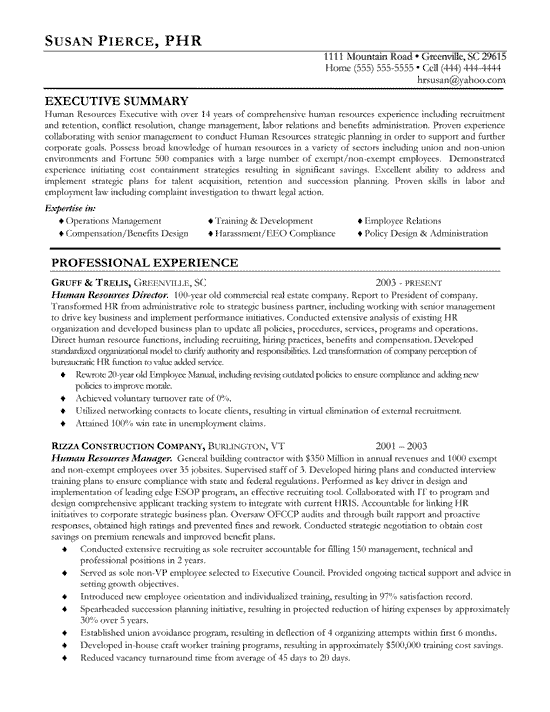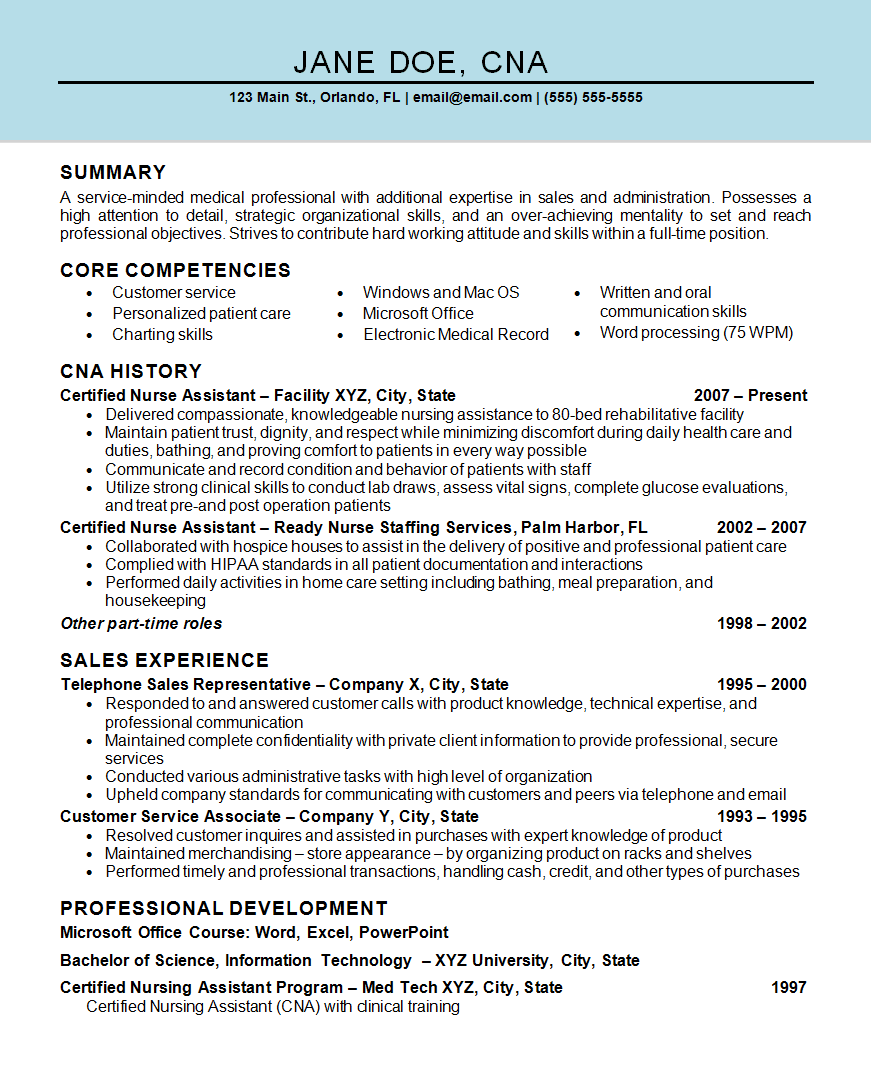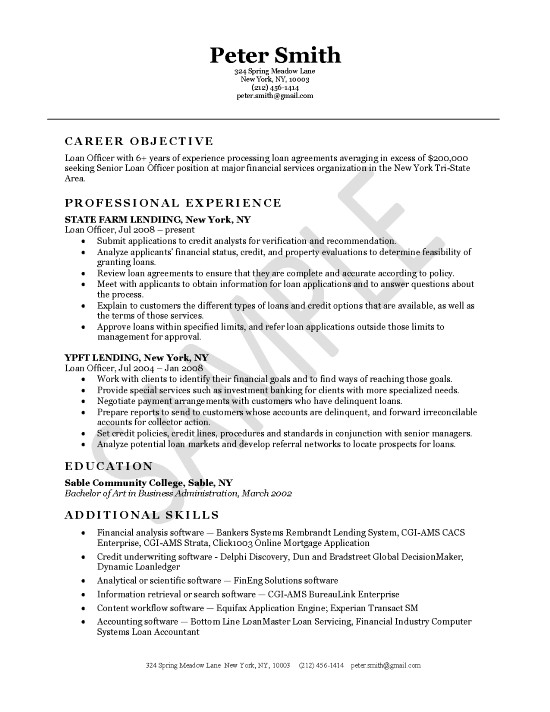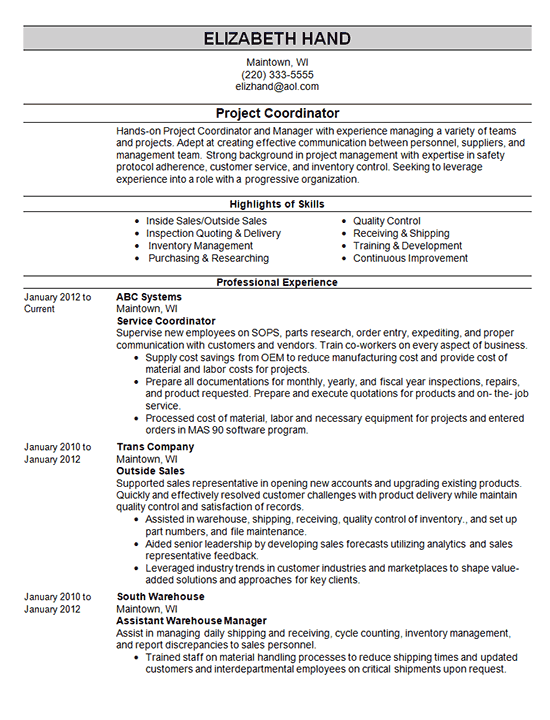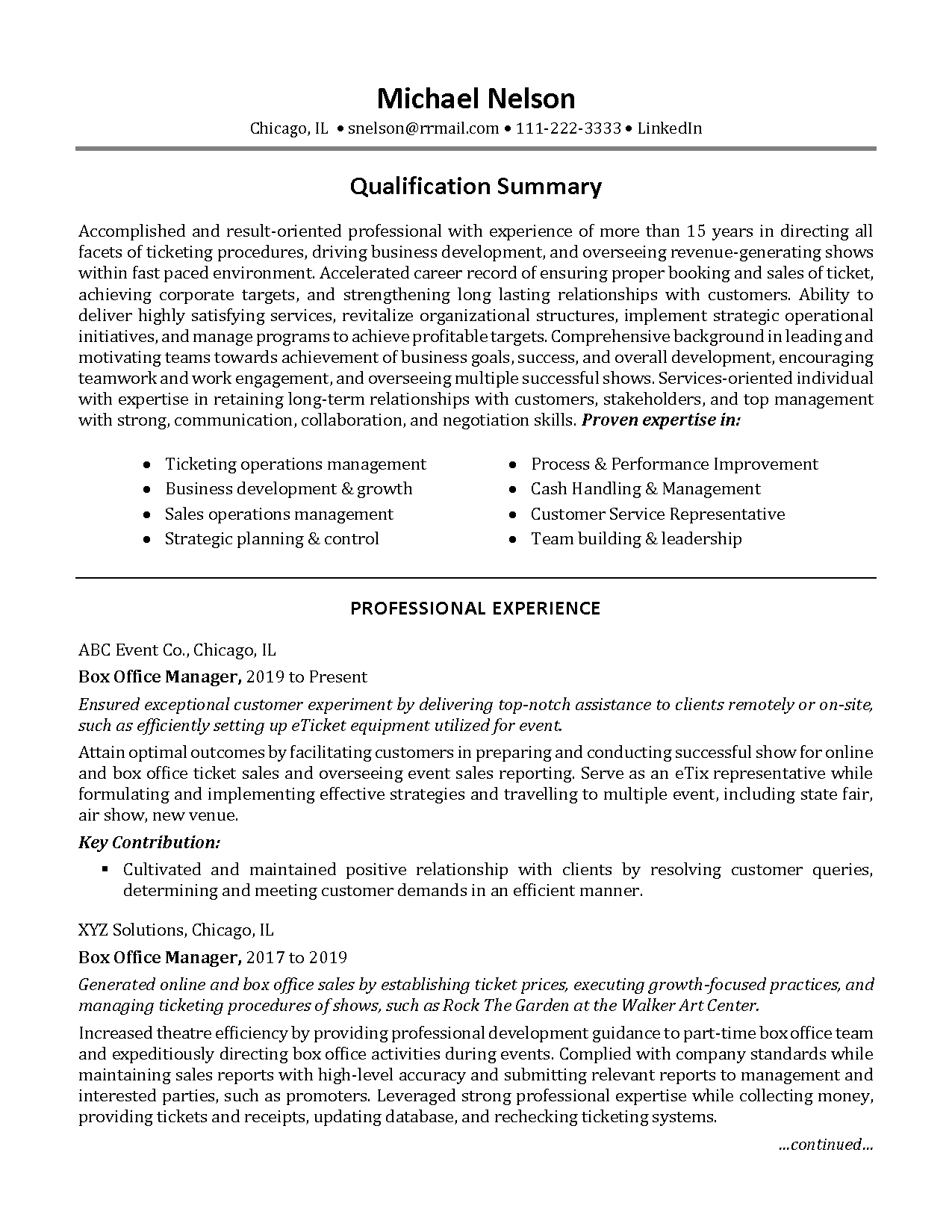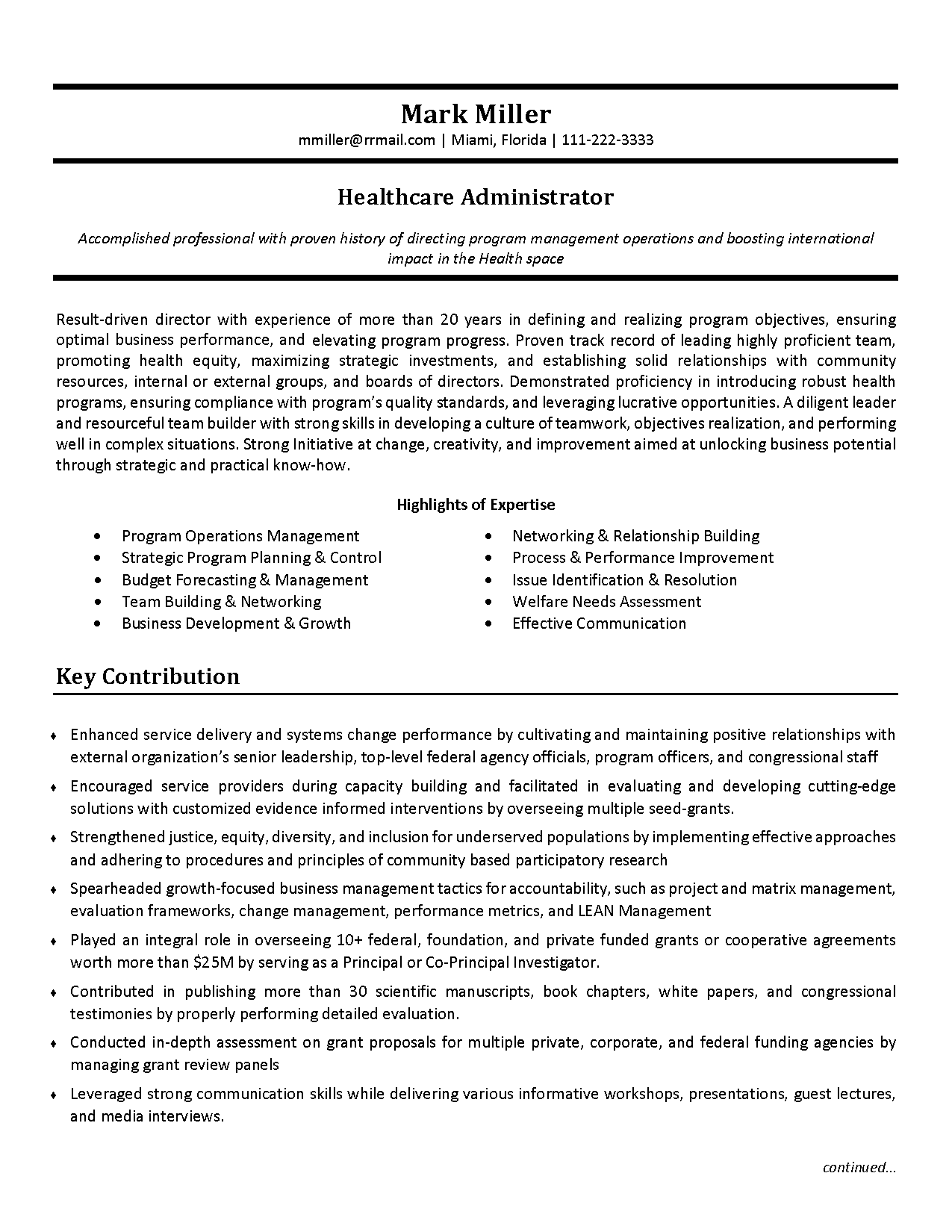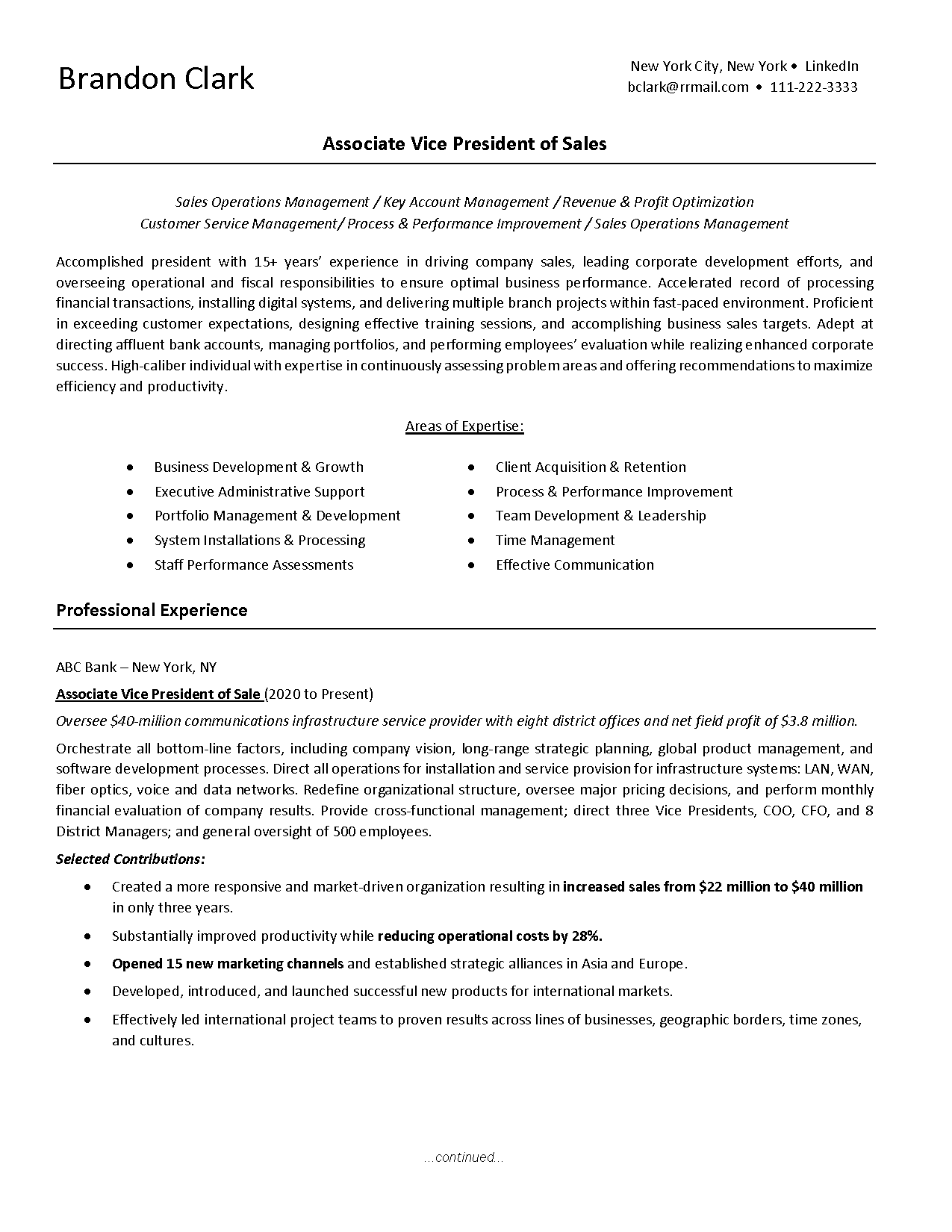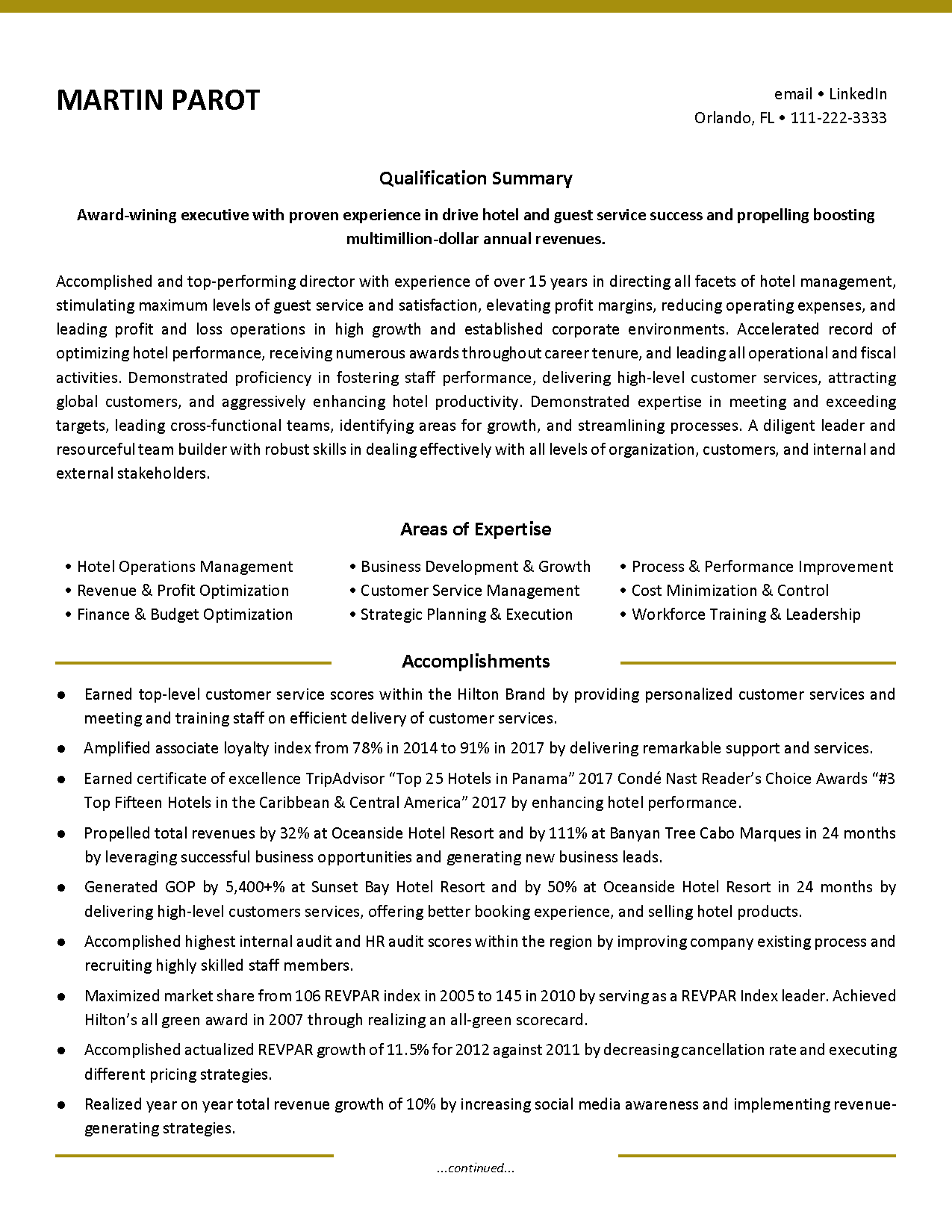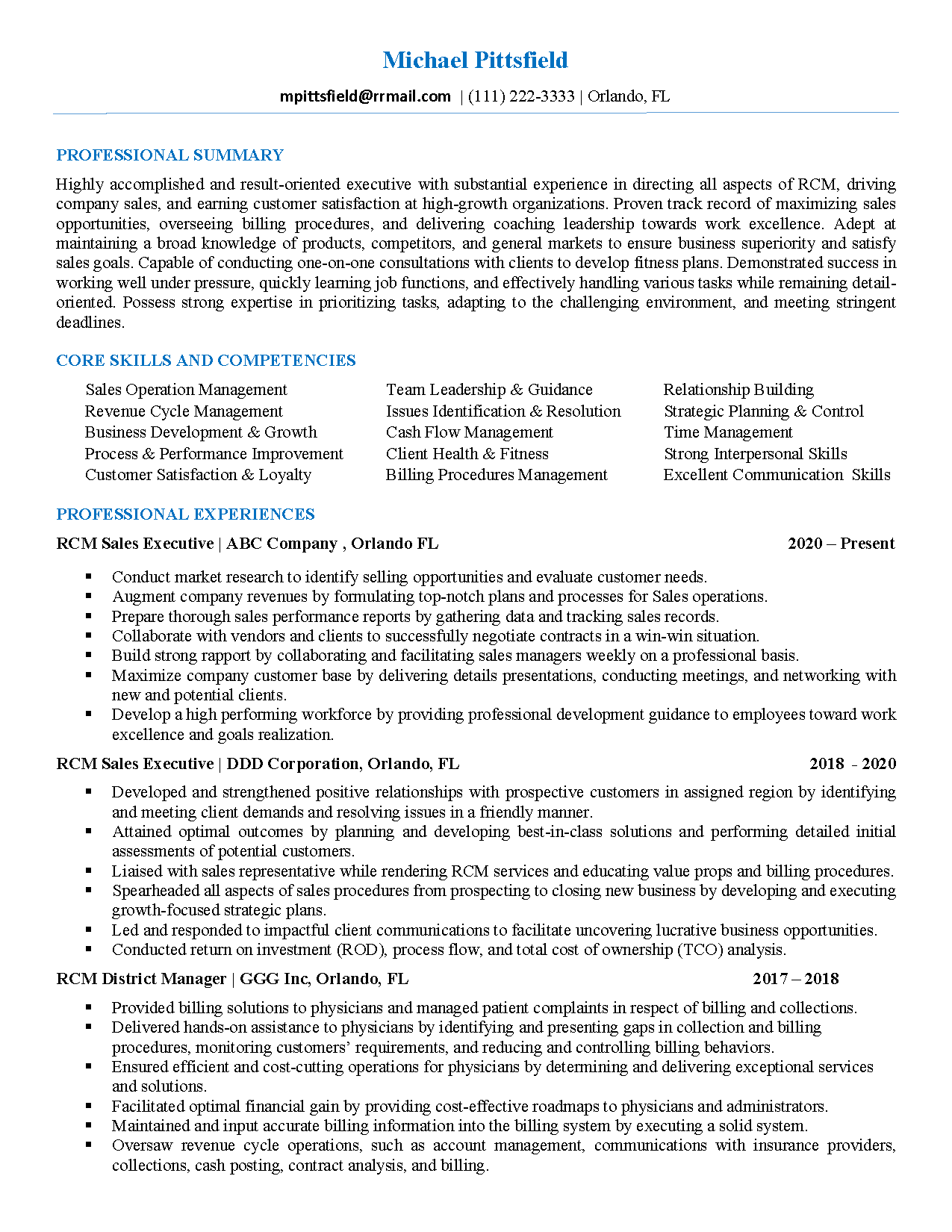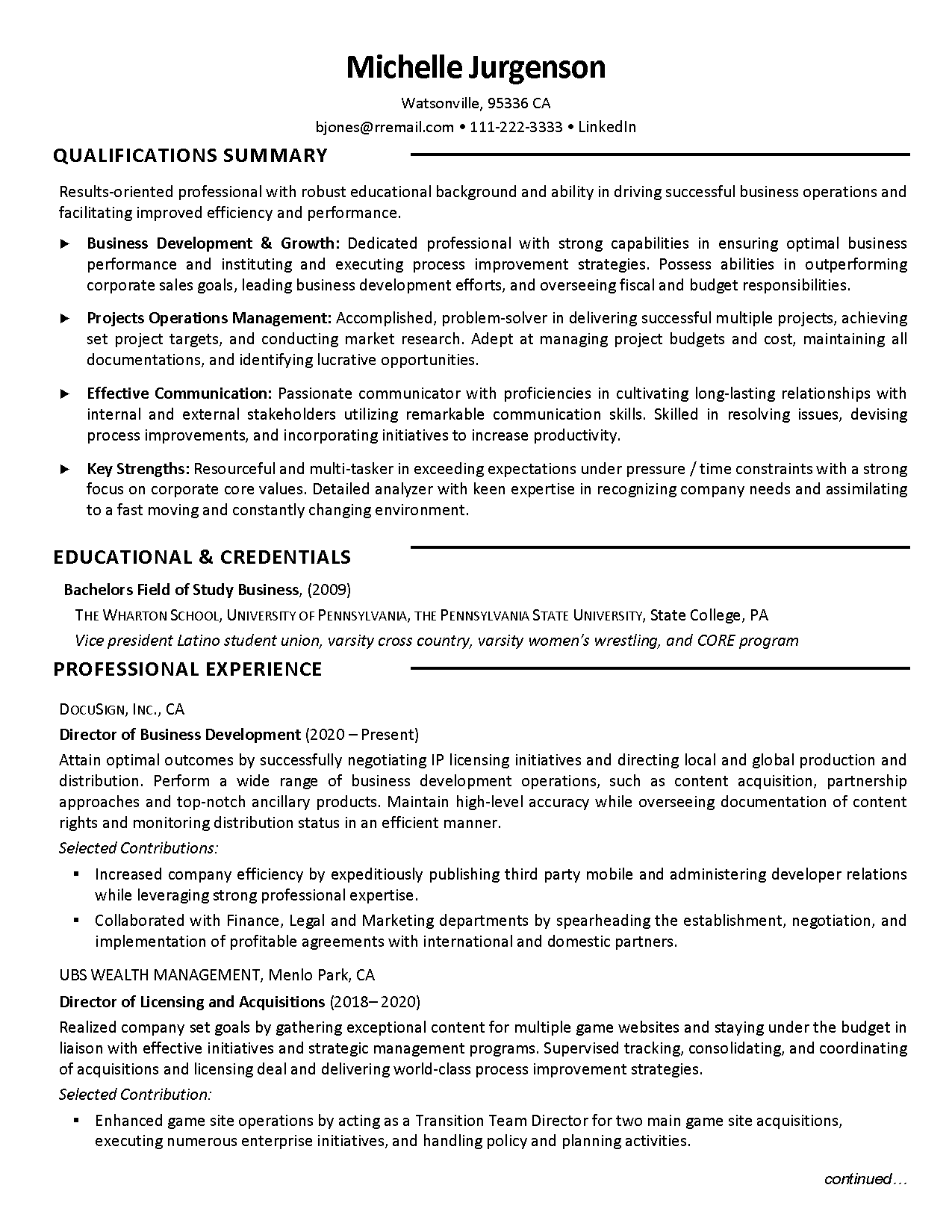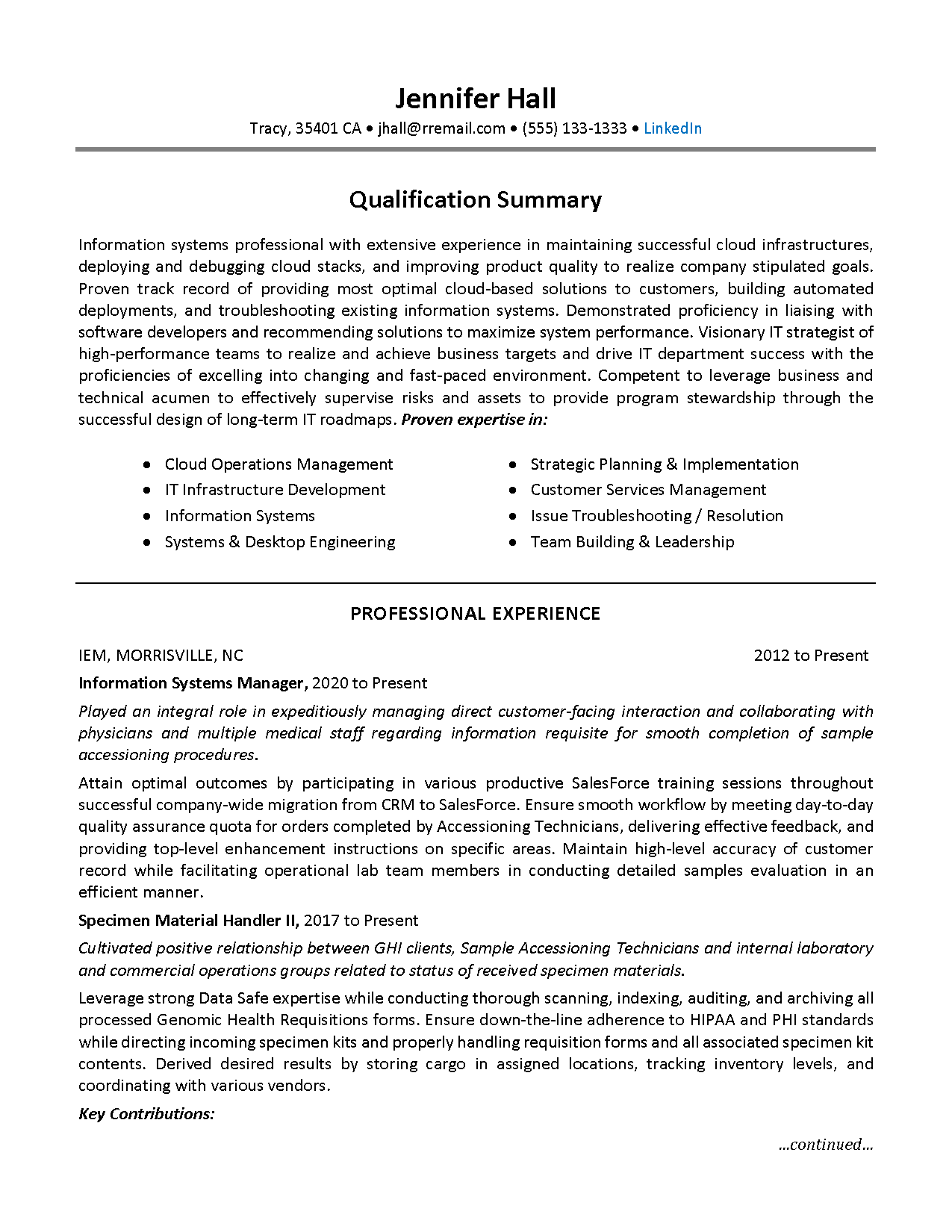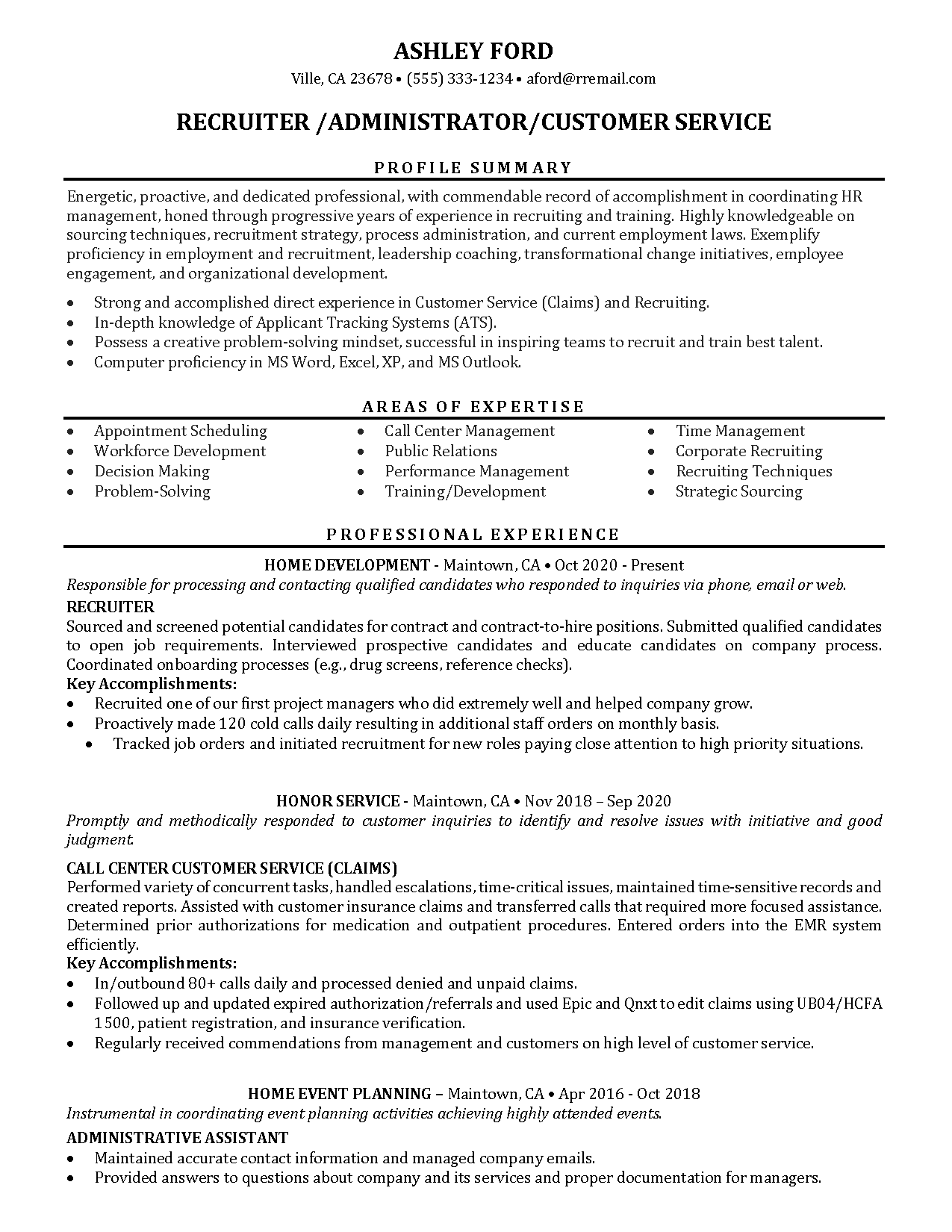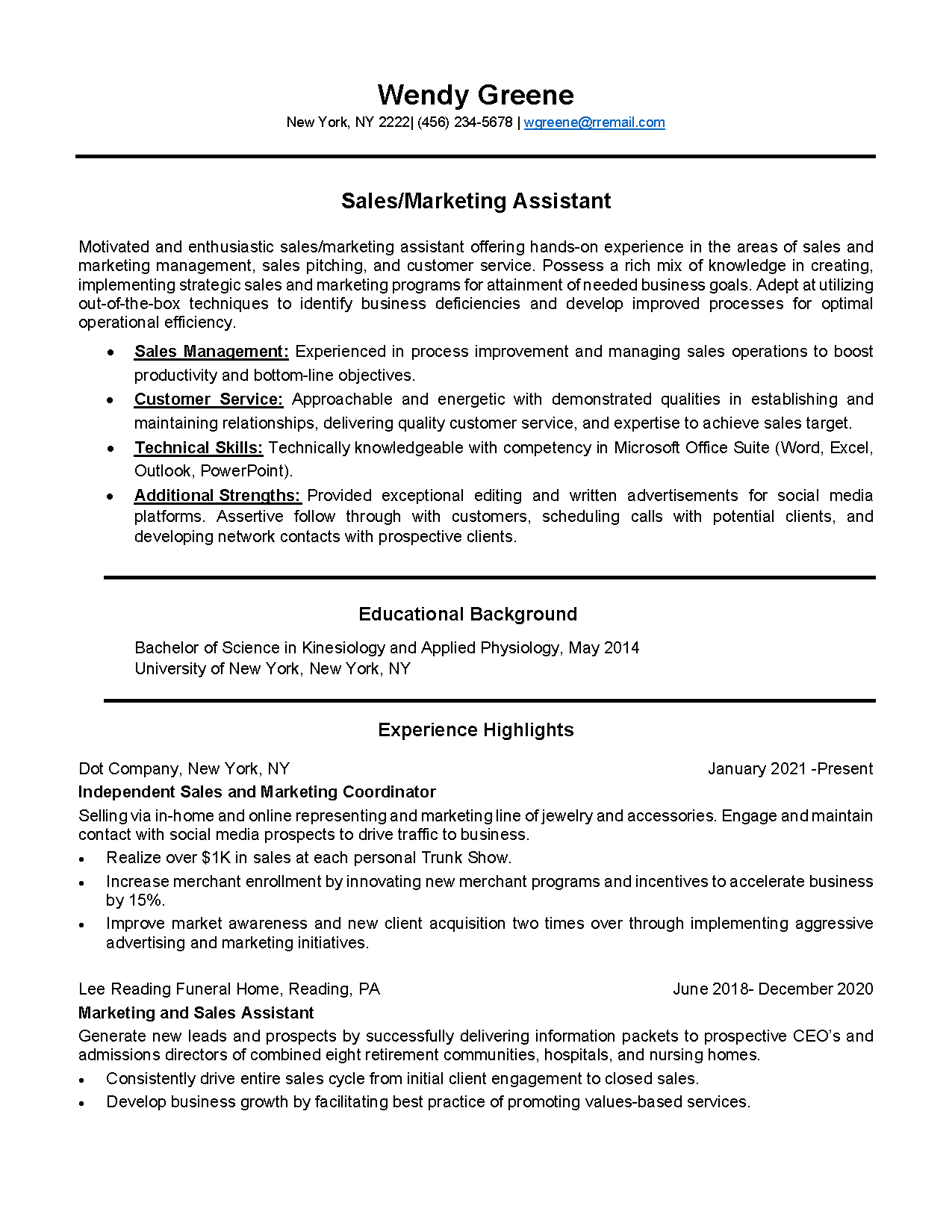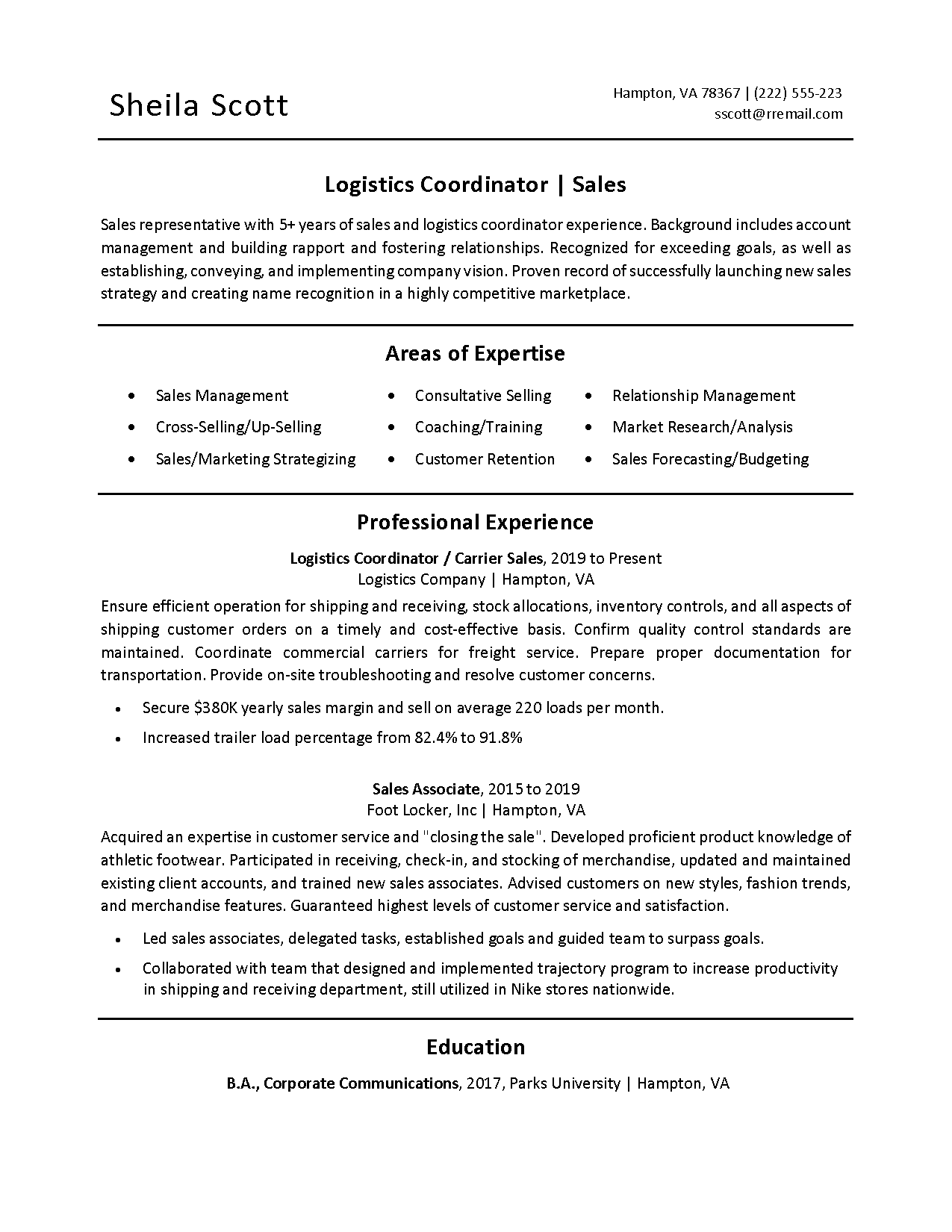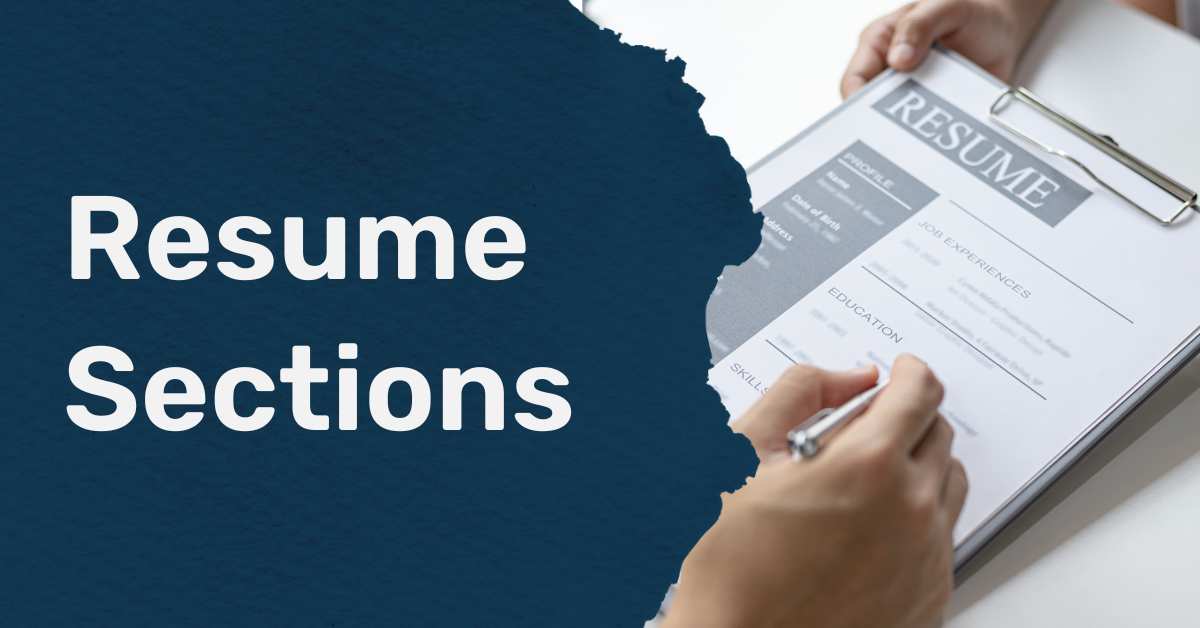
Resume Sections: What to Include and What to Leave Out
-
Table of Contents
- Introduction
- How to Craft an Effective Summary Statement for Your Resume
- What to Include in Your Education Section to Make Your Resume Stand Out
- How to Highlight Your Skills and Accomplishments on Your Resume
- What to Leave Out of Your Resume to Avoid Overwhelming the Reader
- How to Showcase Your Professional Experience on Your Resume
- Tips for Writing an Effective Objective Statement for Your Resume
- How to Make Your Resume Stand Out with Creative Sections and Descriptions
- Conclusion
Introduction
A resume is a document that outlines your professional experience and qualifications for a job. It is important to include the right sections in your resume to make sure it is effective and stands out from the competition. Knowing what to include and what to leave out can be tricky, but with the right guidance, you can create a resume that will help you land the job you want. This guide will provide an overview of the different sections to include in your resume and what to leave out.
How to Craft an Effective Summary Statement for Your Resume
Crafting an effective summary statement for your resume is an important step in the job search process. It is the first thing a potential employer will read, and it should be a concise and powerful introduction to your professional qualifications. Here are some tips to help you create an effective summary statement:
1. Keep it short and sweet. Your summary statement should be no more than three to four sentences long.
2. Focus on your strengths. Highlight your most relevant skills and accomplishments that make you the ideal candidate for the job.
3. Use keywords. Incorporate keywords from the job description to ensure that your summary statement is tailored to the position.
4. Be specific. Avoid generic phrases and focus on concrete examples of your experience and qualifications.
5. Showcase your personality. Use your summary statement to demonstrate your unique qualities and how they can benefit the employer.
By following these tips, you can create an effective summary statement that will make a great first impression and help you stand out from the competition.
What to Include in Your Education Section to Make Your Resume Stand Out
When creating your education section on your resume, it is important to include the following information to make it stand out:
1. Name of the school you attended, including the city and state.
2. Degree or certification you earned, including the major or field of study.
3. Graduation date or expected graduation date.
4. Relevant coursework or special projects you completed.
5. Academic honors or awards you received.
6. Any relevant extracurricular activities or clubs you participated in.
7. Any relevant internships or volunteer work you completed.
By including this information in your education section, you can demonstrate to potential employers that you have the knowledge and skills necessary to excel in the position. Additionally, it will help you stand out from other applicants and make your resume more memorable.
How to Highlight Your Skills and Accomplishments on Your Resume
Highlighting your skills and accomplishments on your resume is an important step in the job search process. It can help you stand out from other applicants and demonstrate to potential employers that you have the qualifications and experience they are looking for. Here are some tips to help you effectively highlight your skills and accomplishments on your resume:
1. Focus on Relevant Skills and Accomplishments: When highlighting your skills and accomplishments, make sure to focus on those that are most relevant to the job you are applying for. This will help you stand out from other applicants and demonstrate that you have the qualifications and experience the employer is looking for.
2. Use Action Words: When describing your skills and accomplishments, use action words such as “developed,” “managed,” “achieved,” and “implemented.” This will help to make your resume more dynamic and engaging.
3. Quantify Your Achievements: Whenever possible, quantify your achievements. For example, instead of saying “I increased sales,” say “I increased sales by 20%.” This will help to demonstrate the impact of your work and make your accomplishments more impressive.
4. Include Awards and Recognition: If you have received awards or recognition for your work, make sure to include them on your resume. This will help to demonstrate that you are an accomplished professional and will make your resume stand out from other applicants.
By following these tips, you can effectively highlight your skills and accomplishments on your resume and make yourself stand out from other applicants. Good luck with your job search!
What to Leave Out of Your Resume to Avoid Overwhelming the Reader
When writing a resume, it is important to remember that less is more. Too much information can be overwhelming for the reader, so it is important to be selective about what to include. Here are some items to leave out of your resume to avoid overwhelming the reader:
• Irrelevant work experience: If the job you are applying for does not require experience in a certain field, there is no need to include it.
• Personal information: Your resume should focus on your professional qualifications, so there is no need to include personal information such as your age, marital status, or religious beliefs.
• Unrelated hobbies and interests: Unless your hobbies and interests are directly related to the job you are applying for, there is no need to include them.
• References: Unless specifically requested, there is no need to include references on your resume.
• Unprofessional email address: Your email address should be professional and appropriate.
• Unnecessary graphics: While a well-designed resume can be visually appealing, too many graphics can be distracting and overwhelming.
By leaving out these items, you can ensure that your resume is concise and focused on the qualifications that are most relevant to the job you are applying for.
How to Showcase Your Professional Experience on Your Resume
When it comes to showcasing your professional experience on your resume, there are a few key steps you should take to ensure that your experience is presented in the best possible light.
First, make sure that you include a summary of your professional experience at the top of your resume. This should include a brief overview of your career, highlighting your most relevant skills and accomplishments. This will give potential employers a quick snapshot of your professional background and help them to decide whether you are a good fit for the job.
Second, list your professional experience in reverse chronological order. This means that you should start with your most recent job and work your way back. This will help employers to quickly identify your most recent and relevant experience.
Third, make sure that you include detailed descriptions of your professional experience. This should include the job title, company name, dates of employment, and a brief description of your duties and accomplishments. Be sure to include any awards or recognition that you have received for your work.
Finally, make sure that you use keywords that are relevant to the job you are applying for. This will help employers to quickly identify your skills and experience that are most relevant to the job.
By following these steps, you can ensure that your professional experience is showcased in the best possible light on your resume.
Tips for Writing an Effective Objective Statement for Your Resume
1. Be specific: When writing an objective statement for your resume, make sure to be as specific as possible. Avoid generic phrases such as “seeking a challenging position” and instead focus on the type of job you are looking for and the skills you can bring to the role.
2. Highlight your qualifications: Use your objective statement to highlight your qualifications and experience that make you the ideal candidate for the job. Focus on the skills and qualifications that are most relevant to the position you are applying for.
3. Keep it concise: Your objective statement should be concise and to the point. Aim for no more than two sentences and avoid using unnecessary words or phrases.
4. Tailor it to the job: Make sure to tailor your objective statement to the job you are applying for. This will show the employer that you have taken the time to research the role and understand what is required.
5. Use keywords: Use keywords from the job description in your objective statement to demonstrate that you have the skills and qualifications the employer is looking for.
How to Make Your Resume Stand Out with Creative Sections and Descriptions
Your resume is your chance to make a great first impression on potential employers. To make sure your resume stands out from the competition, you need to make sure it is creative and unique. Here are some tips to help you create a resume that will make you stand out from the crowd.
1. Use Creative Sections: Instead of using the traditional sections like “Education” and “Experience”, try to think of creative ways to organize your resume. For example, you could use sections like “Leadership”, “Innovations”, or “Accomplishments”. This will help you showcase your skills and experiences in a more interesting way.
2. Use Descriptive Language: Instead of simply listing your job duties, use descriptive language to explain what you did and how you did it. This will help employers get a better understanding of your skills and accomplishments.
3. Highlight Your Achievements: Make sure to highlight any awards, certifications, or other accomplishments you have achieved. This will help you stand out from the competition and show employers that you are a top performer.
4. Include Relevant Skills: Make sure to include any relevant skills you have that are related to the job you are applying for. This will show employers that you have the necessary skills to be successful in the role.
By following these tips, you can create a resume that will make you stand out from the competition. With a creative and unique resume, you will be sure to make a great first impression on potential employers.
Conclusion
In conclusion, it is important to include the right sections in your resume to make sure that you are presenting yourself in the best light. It is also important to leave out any sections that are not relevant to the job you are applying for. By following these guidelines, you can ensure that your resume is tailored to the job you are applying for and that it will stand out from the competition.



